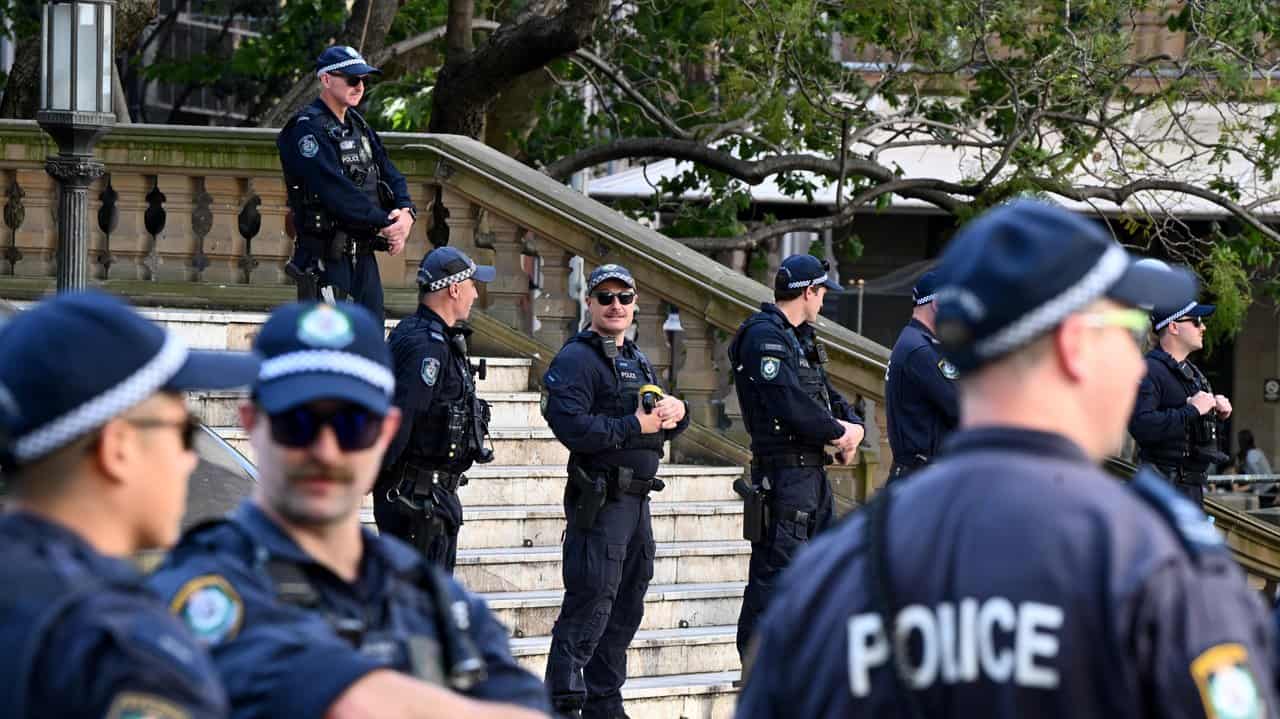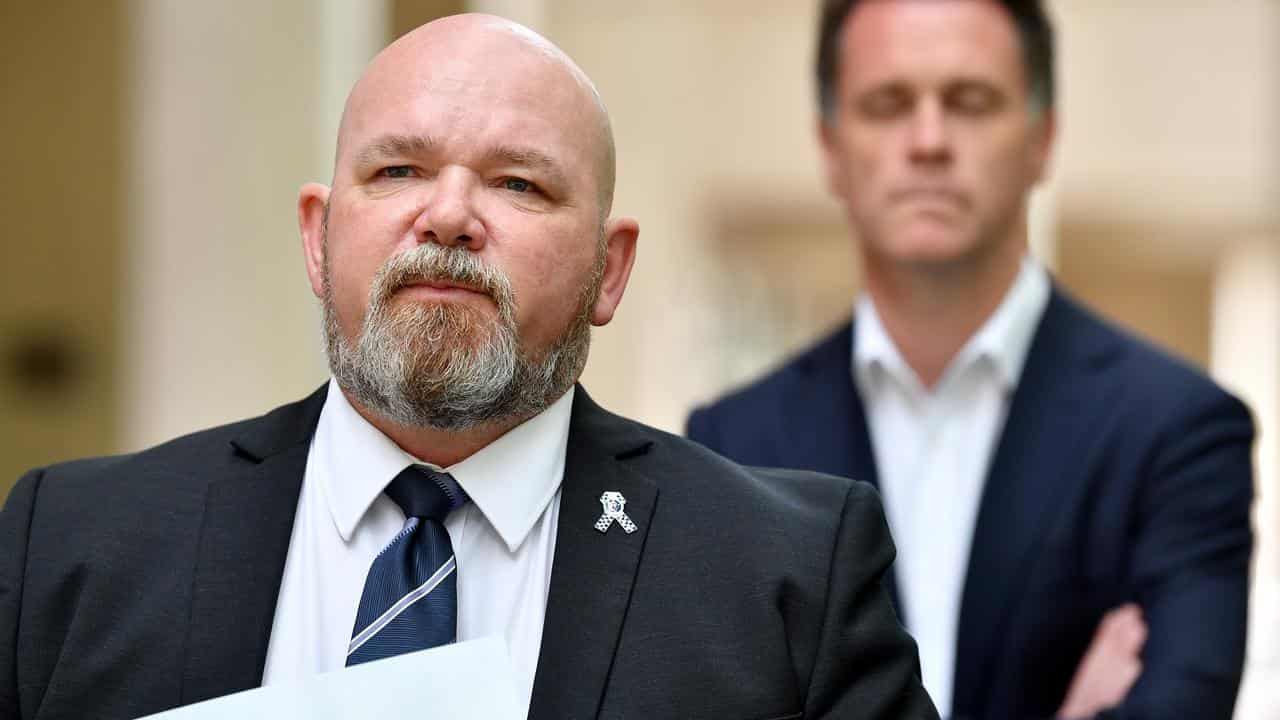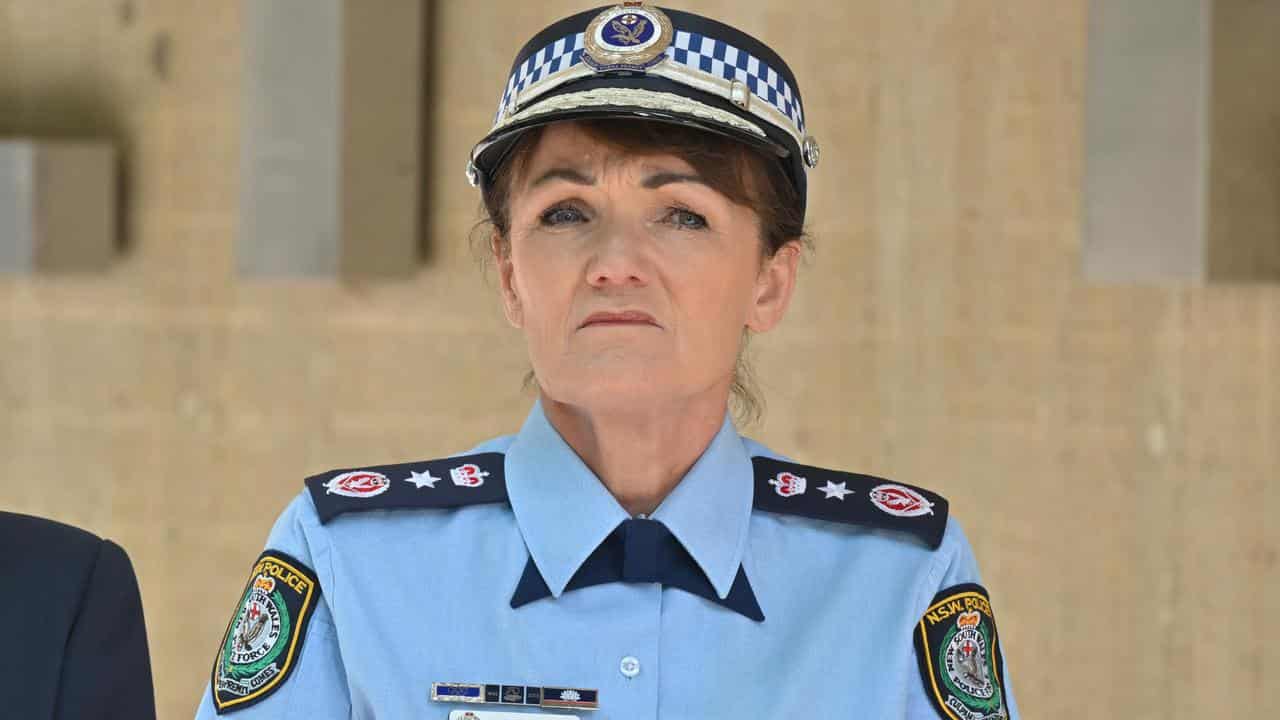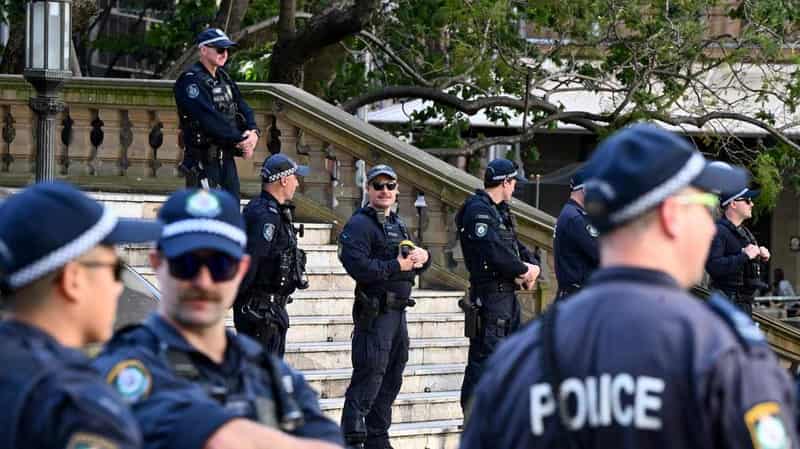
Some NSW police will refuse to perform non-core tasks like welfare and truancy checks and prisoner transfers, as a mammoth staff shortfall grows.
Officers in Sydney's southwest will triage "non-urgent police jobs" and send them back to other government agencies as union leaders say the rank and file are sick of acting as "24/7 problem-solvers".
The force was 2279 recruits short of full strength in August and Premier Chris Minns acknowledged the pressure on police was "very real and understandable".
But says his government is working to solve issues left by the former coalition administration, including moves to axe the public sector wages cap and pay police trainees while they study for the job.

“The police rank and file validated a concern I raised ... there's only so many jobs a police officer can do on any particular shift,” Mr Minns said on Wednesday.
“There is very real and understandable pressure on NSW police officers when it comes to the call-outs, particularly mental health call-outs … the union raised this as a major issue (and) we didn't dismiss it.”
Along with the non-core jobs, officers at Campbelltown and Camden will only do stationary roadside alcohol tests and bail checks - excluding high-risk DV offenders - when there are no other assistance calls.
They will continue to police protests, including weekly pro-Palestine demonstrations in the city centre but the association said the shifts should be rostered in a manner that doesn't pull resources from operational work.
Police Association of NSW president Kevin Morton said he had encouraged officers in other commands with overwhelming workloads to join the southwest Sydney cohort in pushing back on non-core tasks.
"We are the 24/7 problem solvers … this excess workload we have taken on for many, many years, we cannot do it anymore,” he said.
“We're now pushing it back to the agencies that should be doing it, so we can concentrate on genuine calls for assistance from the community."
Mr Morton denied the move was industrial action or linked to the union's push for a 25 per cent pay bump over four years.

Opposition police spokesman Paul Toole said the move heaped more pressure on Labor to get a pay deal done before more officers walked away from the force.
“Our police are working tirelessly across the state, but many are at breaking point … morale is low and other agencies need to fill the void for the work they are responsible for,” he said.
Police Commissioner Karen Webb assured the community there would be no added public safety risk due to the union move.
“Significant work is also being done internally to reduce the demand on frontline police … this includes work to ascertain whether jobs are appropriately triaged and allocated to police, and whether other agencies may be more appropriate in certain circumstances," she said.









